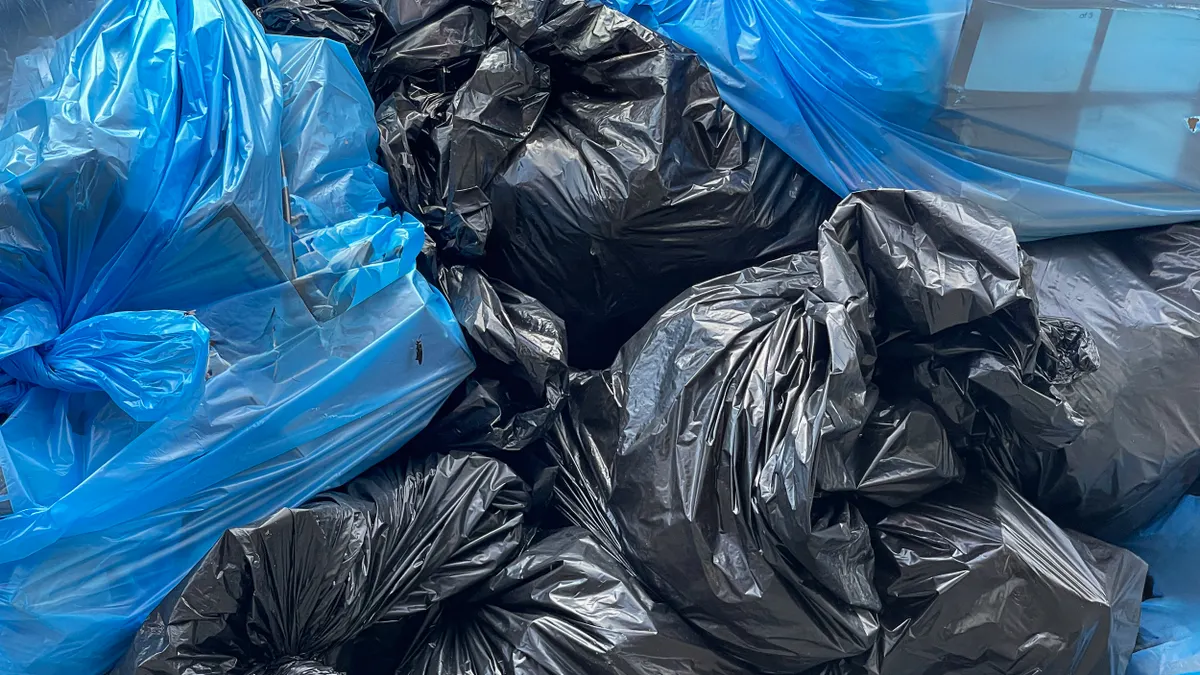Texas Gov. Abbott signed into law HB 2963, a right-to-repair bill for consumer electronics, on Friday.
The law, which takes effect Sept. 1, 2026, calls for manufacturers of consumer electronics with a wholesale price of more than $50 to provide replacement parts, tools and repair documentation to both consumers and independent repair technicians.
The law covers smartphones, laptops, tablets and other consumer electronics, but does not apply to medical device electronics, motor vehicles, farm equipment, video game consoles or large commercial or industrial equipment.
Abbott is the first Republican governor in the U.S. to sign a right-to-repair bill for consumer electronics.
The Texas Public Policy Foundation applauded the law’s passage. The law “restores the balance between manufacturers’ intellectual property rights and individual property rights and equips Texans with the tools and parts necessary to repair the property they own,” Greyson Gee, a policy analyst for TPPF, said in a statement.
The bill specifies that original equipment manufacturers are not obligated to divulge trade secrets or override certain security measures related to covered electronics repairs except in specific cases.
Some original equipment manufacturers and electronics groups have opposed right-to-repair bills in other states, saying such legislation doesn’t offer enough intellectual property protections or cybersecurity protections for manufacturers.
However, Gay Gordon-Byrne, executive director of The Repair Association, said in an email that the Texas law is “strong on consumer electronics, which is always welcome.”
Unlike some other recently passed right-to-repair bills for consumer electronics, the Texas bill does not include a provision preventing parts pairing. This refers to a practice of using software that prevents technicians from fully installing spare parts, particularly those that aren’t officially approved by OEMs. A parts pairing provision was added to the bill late in the process but was ultimately removed in a conference committee, U.S. PIRG said.
Consumer Reports, which supported the bill, called on the Texas legislature to revise the law during the next legislative session to include a parts pairing restriction. PIRG, Environment Texas and other groups also supported the bill.
Texas joins several other states to pass a right-to-repair law for consumer electronics this year. Washington Gov. Bob Ferguson approved a similar law in April, along with a separate right-to-repair law for powered wheelchairs.
Connecticut also adopted a new right-to-repair law for consumer electronics in June, which PIRG said is part of a larger consumer protection omnibus bill.
Other states with right-to-repair laws for consumer electronics include California, Colorado, Minnesota, New York and Oregon. The concept is generally supported by electronics recyclers as a way to promote reuse and recovery.
“We're getting more confident that it won't be long before we will all be able to fix everything we buy — because we bought them,” Gordon-Byrne said.
Compost limitations
Abbott also allowed another waste-related law, SB 2078, to take effect without his signature.
This law prohibits the siting of a commercial composting facility in any county that does not have a commercial organics diversion ordinance. It defines such facilities as any that accept “source-separated yard trimmings, clean wood material, vegetative material, paper, manure, meat, fish, dead animal carcasses, dairy materials, or meat and vegetable oils and greases from a municipal, commercial, or institutional source.”
The law does not apply to designated agricultural operations or composting facilities approved by the Texas Commission on Environmental Quality prior to Jan. 1, 2025.
SB 2078 was spurred by a 2024 proposal from Austin-based organics recycler Break it Down to site a compost facility in Lee County. State Sen. Lois Kolkhorst, a Republican, sponsored the bill in response to concerns from certain local residents about “potential environmental impacts.”
“The goal of this particular company was to collect the waste from a city which mandates such collections, and dump it in another county’s rural properties,” said Kolkhorst in an April statement. “That is unacceptable — our rural land will not be overrun and potentially harmed because of mandates by urban communities.”
Break it Down provides commercial and multifamily organics collection services in multiple cities, including Austin, which has an organics diversion ordinance.
"It remains to be seen exactly how much negative impact SB 2078 will have on the compost industry in Texas, but it will certainly add significant challenges and risks with siting new facilities,” wrote Jeff Paine, co-founder of it Break it Down, via email. “Equally concerning was the amount of false information presented by citizens and local politicians to galvanize support for the bill. All these political pressures will continue to incentivize the Texas compost industry towards consolidation among a few large businesses and push out the small businesses."
The bill was also opposed by groups such as Environment Texas, the Texas Composting Council, WM and Organics by Gosh.
This article has been updated to correctly spell Greyson Gee’s name.




















